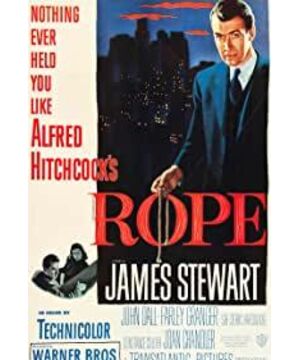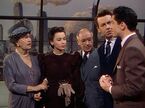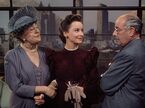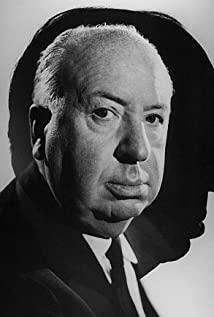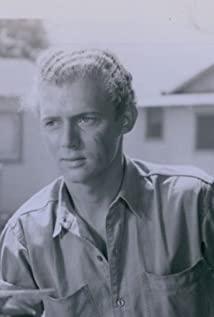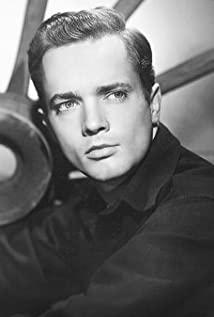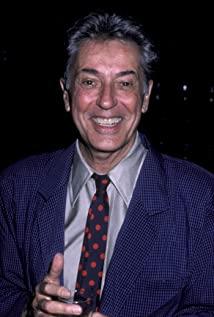Hitchcock presents the misunderstood Nietzschean philosophy of Superman in a playful and grim way. In The Birth of Tragedy, Nietzsche mentioned that the essence of tragedy is the opposition and conflict between Apollonian and Dionysian in human nature. In "Thus Spoke Zarathustra", Volume 1 "3 Recluses", "This God I created was but a poor fragment of 'man' and 'self', from my ashes and The detached ghost in the flame is by no means from the sky." Nietzsche was never arrogant, he had extremely powerful empathy and compassion, and he highly praised the will to life and the most natural humanity. Brandon, on the other hand, uses the superhuman philosophy to endorse his despicableness, implements an unwarranted and arrogant will to approve, and distinguishes the people around him into superhumans and mediocre people. After the conceptual experiment of murder, he himself became that dark and unreasonable philistine, an Other waiting to be executed in his own subconscious.
"We all know that there is one sin we must avoid, and that is making mistakes, and weakness is also a mistake."
"Just because it represents the only remaining humanity?"
"Because that represents a trend toward mediocrity."
The strong are self-sufficient, the weak are arrogant. No one can speak for God because "God is dead." The decapitation cord is not only Brandon's weapon of murder, but also a sign of his suicide. When he was discussing qualifications, his heart was dead, his humanity was destroyed, and he had been strangled by anti-intellectualism. Every cell in his body to the "immorality" in his mind has long thrown him into the abyss of the cult.
Hitchcock's cinematic experiments are full of intense tension. It's almost a stage play, but in the moving mirror, we can clearly touch the psychological trend of the characters. The last shot is the final verdict.
View more about Rope reviews


